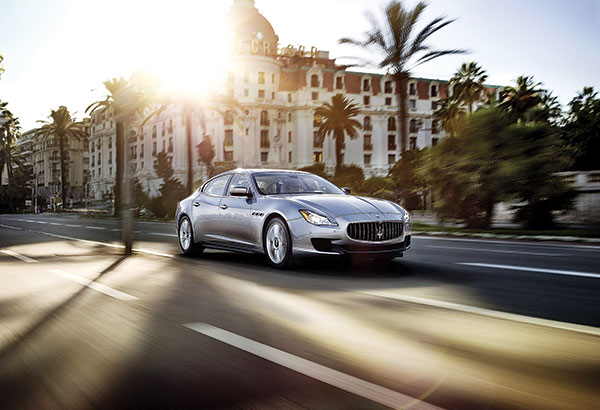Cusi urges consumers to conserve energy
Danessa Rivera (The Philippine Star) - January 8, 2018 - 12:00am
MANILA, Philippines — Energy Secretary Alfonso Cusi has urged consumers to employ smart energy utilization tips to save on energy costs.
These include buying fuel efficient vehicles, choosing household appliances with excellent energy efficiency ratings and unplugging the latter when not in use for long periods of time.
“I’d like to emphasize the concept of smart energy utilization so consumers can save on energy costs based on strategies already laid down by the government,” Cusi said.
The Department of Energy (DOE) has urged consumers to make use of the Minimum Energy Performance Standard in the purchase and the proper use of energy efficient appliances.
There are Yellow/Energy Labels on common household appliances which state the energy efficiency ratings of the latter and should be used by consumers as a guide in purchasing said items.
Consumers should also turn off and unplug unused appliances to avoid electricity wastage, Cusi said, who added regularly cleaning light bulbs, refrigerator, television, electric fan and air-conditioners could also save power.
In view of the effects on oil and vehicle prices of the Tax Reform for Acceleration and Inclusion (TRAIN) Law, the DOE chief also asked consumers to be more practical in their choice of vehicles to buy, as well as in their fuel purchases.
Planning trips and properly maintaining vehicles would also save consumers money while prolonging the service life of their rides, he said.
The DOE also offered the following tips:
• Gas up wisely by using quality and clean fuels and by not filling fuel tank up to the brim and tighten gas cap to avoid spillage.
• Avoid overloading, accelerate with care and anticipate stops.
• Avoid idling of vehicles, shift gears sensibly and pick a lane and stay on it.
• Use windows and air-conditioning wisely, keep the music volume down or turn off other unused and fancy car accessories.
• Check tires regularly, change oil and oil filters, and ensure regular and proper maintenance of the vehicles.
For those planning to buy new vehicles, the DOE said consumers should go for fuel economy.
According to the DOE’s data, a liter of diesel saved reduces emission of about 2.7 kilograms of carbon dioxide (CO2), while a liter of gasoline saved would be equivalent to 2.3 kilograms of CO2.



 Twitter
Twitter Google+
Google+ RSS Feed
RSS Feed Contact Us
Contact Us




























